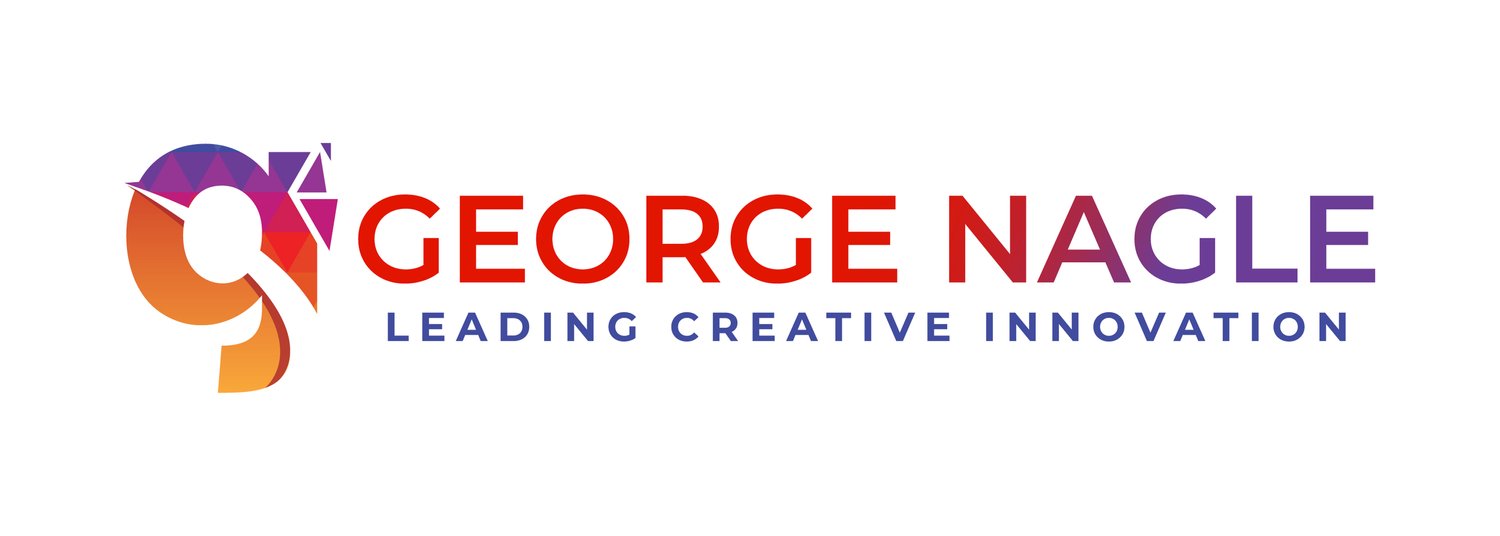Shared Struggles of Entrepreneurs and Parents in Motivation
Parenthood and entrepreneurship are two seemingly distinct aspects of life, but they share surprising similarities when it comes to risk, motivation, and responsibility. Both roles involve taking on significant challenges, making sacrifices, and striving for long-term rewards. Let’s explore how being a business founder or executive compares to being a parent, focusing on the risk-reward dynamic and how it impacts motivation and commitment in the longer term. Then, a small thought experiment on how employees or children perceive these.
The Risk-Reward Scenario
Entrepreneurs embark on a journey filled with uncertainties and risks. They invest their time, money, and energy into a venture without guaranteed success. The motivation driving them is the potential for significant rewards, both financial and personal. The prospect of building a successful business, making a mark in the industry, and achieving financial freedom fuels their determination.
Parenthood, too, involves a considerable degree of risk. When individuals become parents, they take on the lifelong responsibility of nurturing and guiding a child. This entails physical, emotional, and financial commitments. The reward, however, is immeasurable - the joy of raising a child, witnessing their growth and development, and the profound sense of fulfillment that comes with parenthood.
Motivation in Work and Family
Founders often display an unparalleled level of motivation in their work. The inherent risk of their ventures propels them to work tirelessly to ensure success. They are motivated by the potential for financial independence, the ability to create something meaningful, and the pursuit of their passion. Their self-motivation is a driving force behind their achievements.
Parents find themselves deeply motivated by the responsibilities they have towards their children. The love and commitment to providing their offspring a safe, nurturing, and fulfilling environment inspire parents to make sacrifices and work diligently. The long-term reward of seeing their children grow into responsible adults is a powerful motivator.
Commitment and Responsibility
Executives are fully committed to their ventures. They invest countless hours, make personal sacrifices, and often put their own financial security on the line. The responsibility for the business's success weighs heavily on their shoulders, motivating them to persevere through challenges.
Parents bear a tremendous responsibility for their children's well-being. They must provide love, care, education, and guidance throughout their children's lives. This commitment requires immense dedication and often means putting their children's needs above their own.
Long-Term Outlook
Company leaders typically have a long-term vision for their businesses. They understand that success may not come overnight and are willing to invest years of hard work for the potential rewards down the road. This forward-thinking approach drives their decisions and actions.
Parents also adopt a long-term perspective. They raise their children with an eye on the future, nurturing them to become responsible and successful adults. The rewards of parenthood are not immediate but become evident as children mature and achieve their own goals.
Reframing Perspective
Consider the perspective of children compared to parents by asking a few questions:
Are the children as invested in performing chores to maintain the house as much as a parent? Do they get a long-term benefit from doing so?
Do they get a short-term benefit from the extra work?
Can they make decisions and feel like more than just doing some task?
Ask those same questions about employees. It is true that the employee may not have done all of the things the founder or executives did to get the rewards; however, that mostly won’t matter to them, just like the child who misses half of the floor when vacuuming, cutting the grass, or cleaning a bathroom.
If the mindset is a fixed one that has a general position of “they have no idea what it takes to get here and should be grateful for what I have given them,” then you are setting yourself up for a lot of extra work, frustration, and potential damage.
The efforts of others directly impacting you, your investments, and your mental health will have a different biased thinking than you. When you can reframe your perspective to understand that, you will find new ways to increase their investment in you and everyone’s output.
